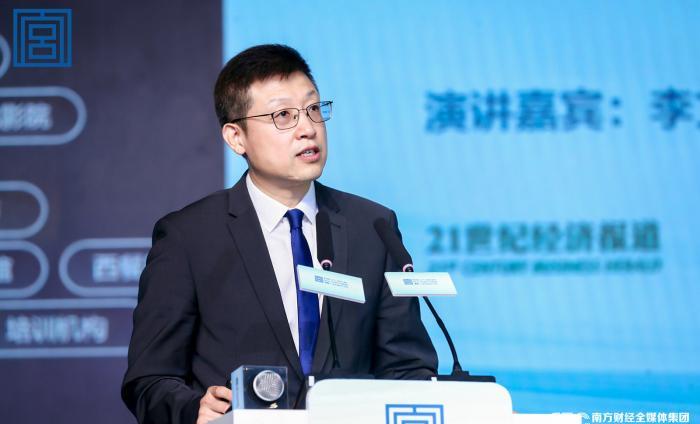
Li Wenjie
21st Century Business Herald reporter Zhang Min Shanghai report On September 18, the "Boao 21st Century Real Estate Forum 21st Annual Conference" was held in Shanghai, and Li Wenjie, senior vice president of Shell Housing and president of Shell Research Institute, said in his speech that the urbanization process in China has developed from the urbanization of land to the urbanization of people. This stage has two characteristics, on the one hand, the marginal effect of incremental development by relying on the "big cake" has been decreasing; on the other hand, the people's attention to community life is higher, and the logic of urban development has changed greatly.
Li Wenjie said that since last year, the outbreak of the new crown epidemic has made people stay in the community longer and longer. Therefore, the concept of the circle of life will receive more attention.
At the policy level, since 2018, the regulatory level has launched and strengthened the concept of "living circle", and the policy has also given greater support to the construction of convenience, which has also improved the convenience of urban life.
Li Wenjie released the research results of the Shell Research Institute "2021 China Urban Life Circle Vitality Index" at the forum and interpreted it. The report proposes the concept of "minute city", with the help of three indicators of service accessibility, format richness and environmental quality of urban living circle, the performance of the "15-minute life circle" in 60 cities is evaluated, and the typical city and community related cases are analyzed.
Li Wenjie said that from the ranking list of 60 cities, there are several characteristics that are more distinct: First, in addition to the top 20 cities in shenzhen, Xiamen, Dalian, and Qingdao, the other 16 cities are municipalities directly under the central government and provincial capitals; second, the overall performance of southern cities is better than that of northern cities; third, the ranking order of first-tier cities is Shenzhen, Shanghai, Guangzhou and Beijing.
Li Wenjie also pointed out that from the study of "Minute City", we can see the development logic of real estate. Starting from the construction of "Minute City" and attaching importance to the improvement of urban stock and quality, it is not only conducive to boosting economic transformation from the source, but also an inevitable choice to achieve the centennial goal and move towards a new type of urbanization.
For more information, please download the 21 Finance APP